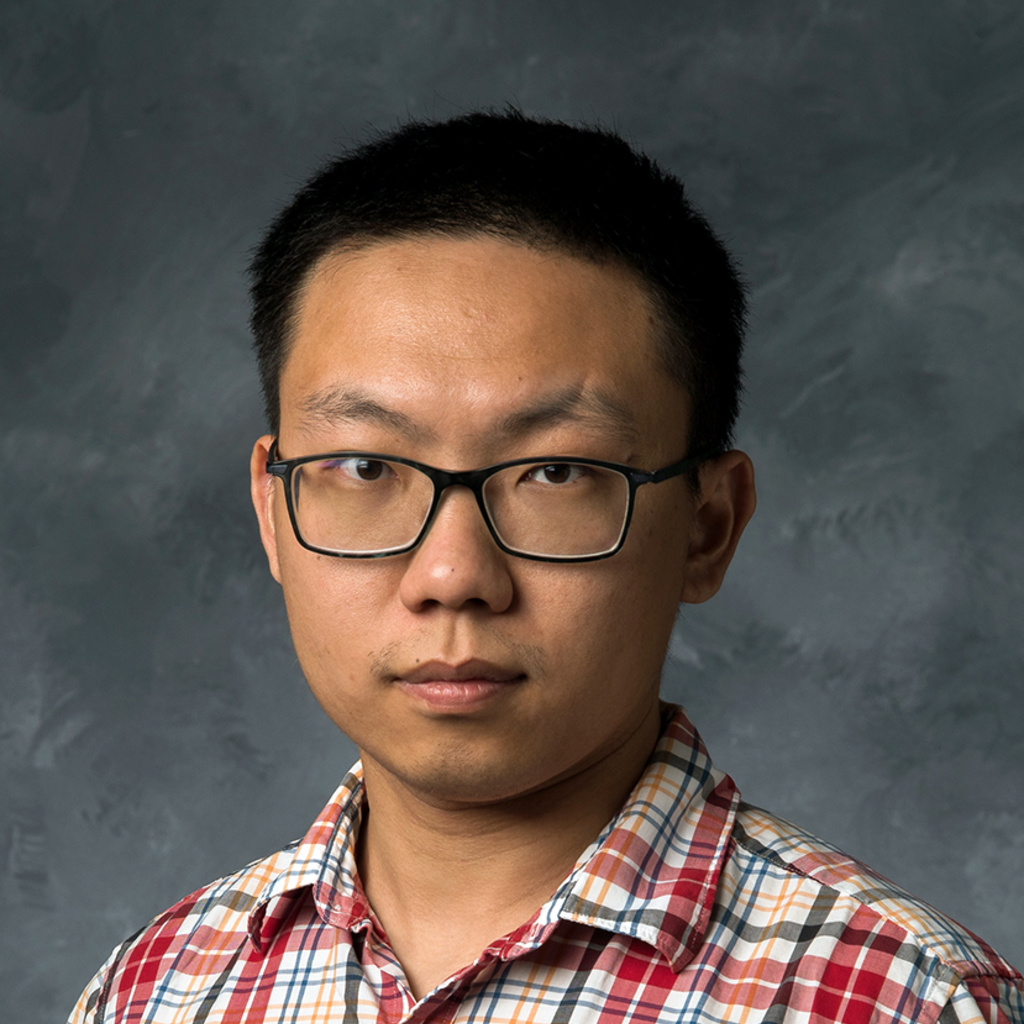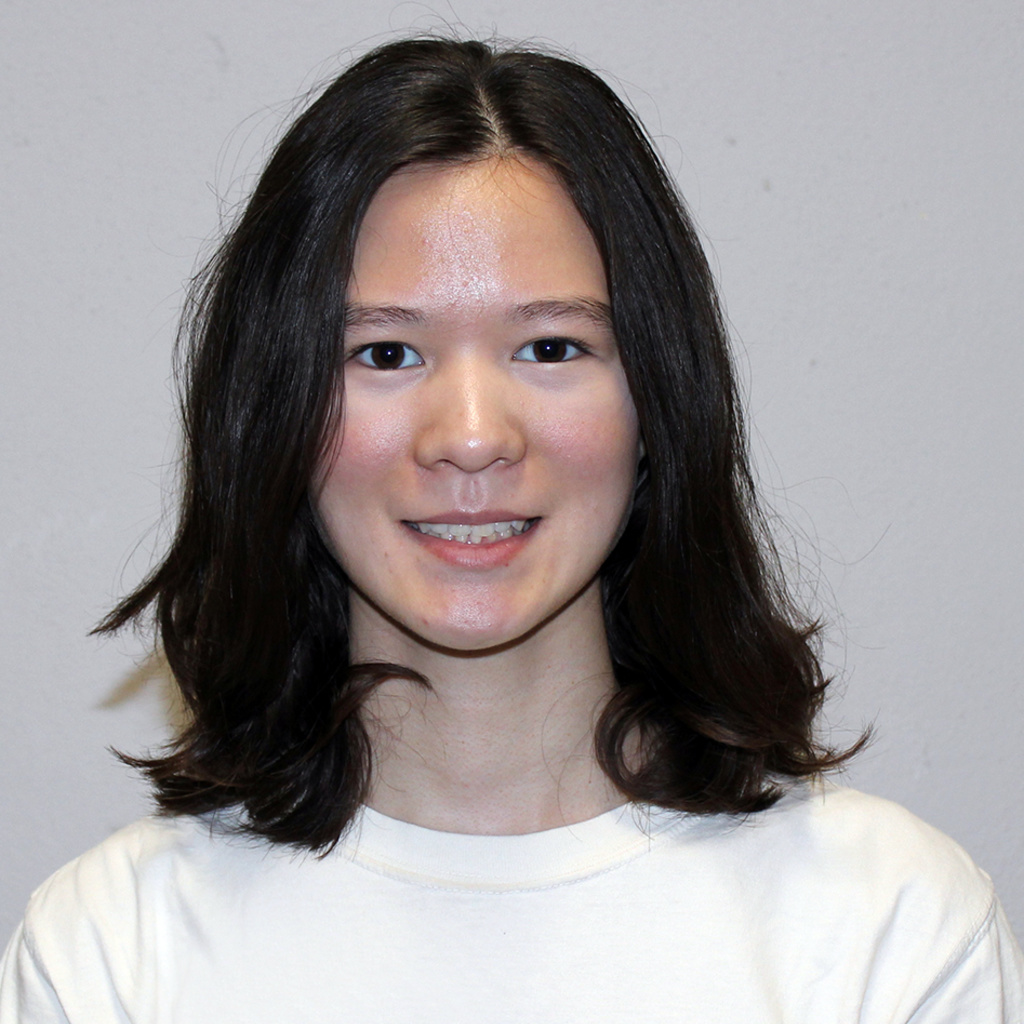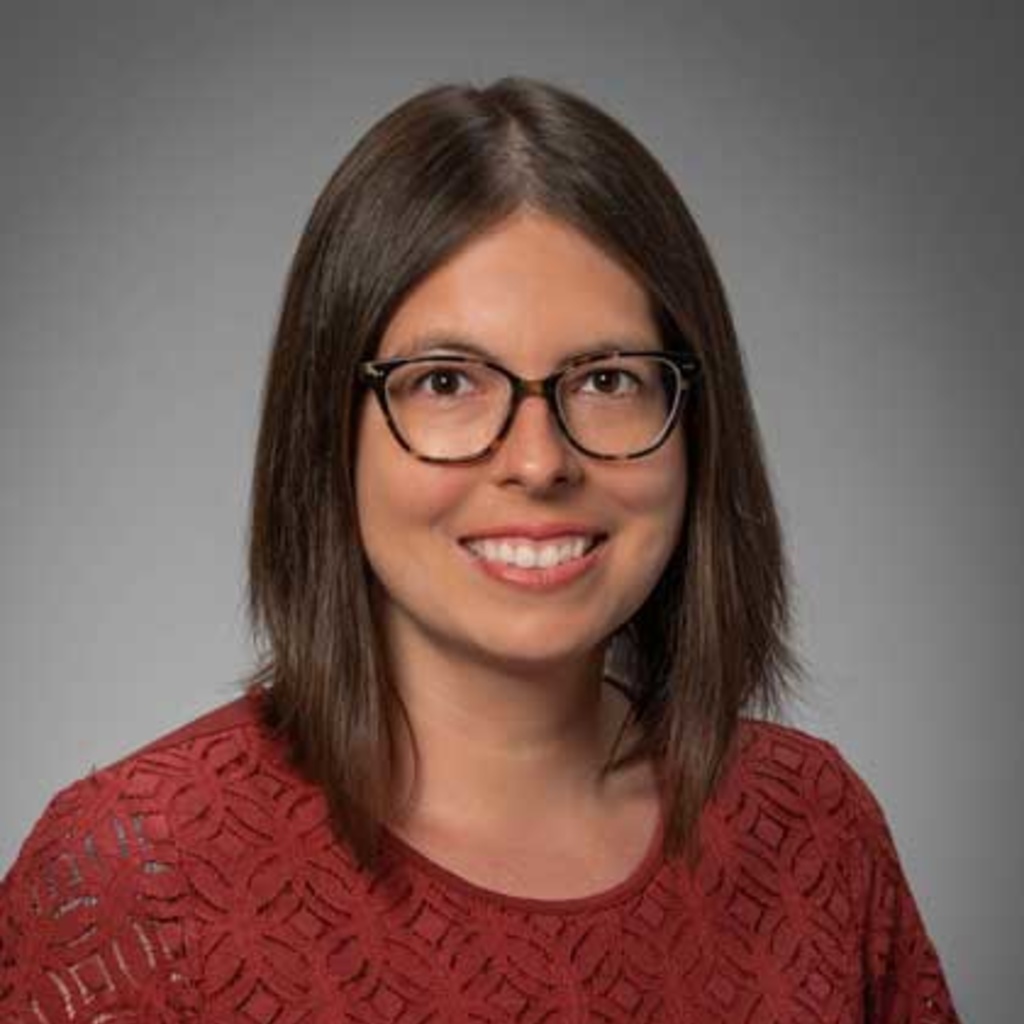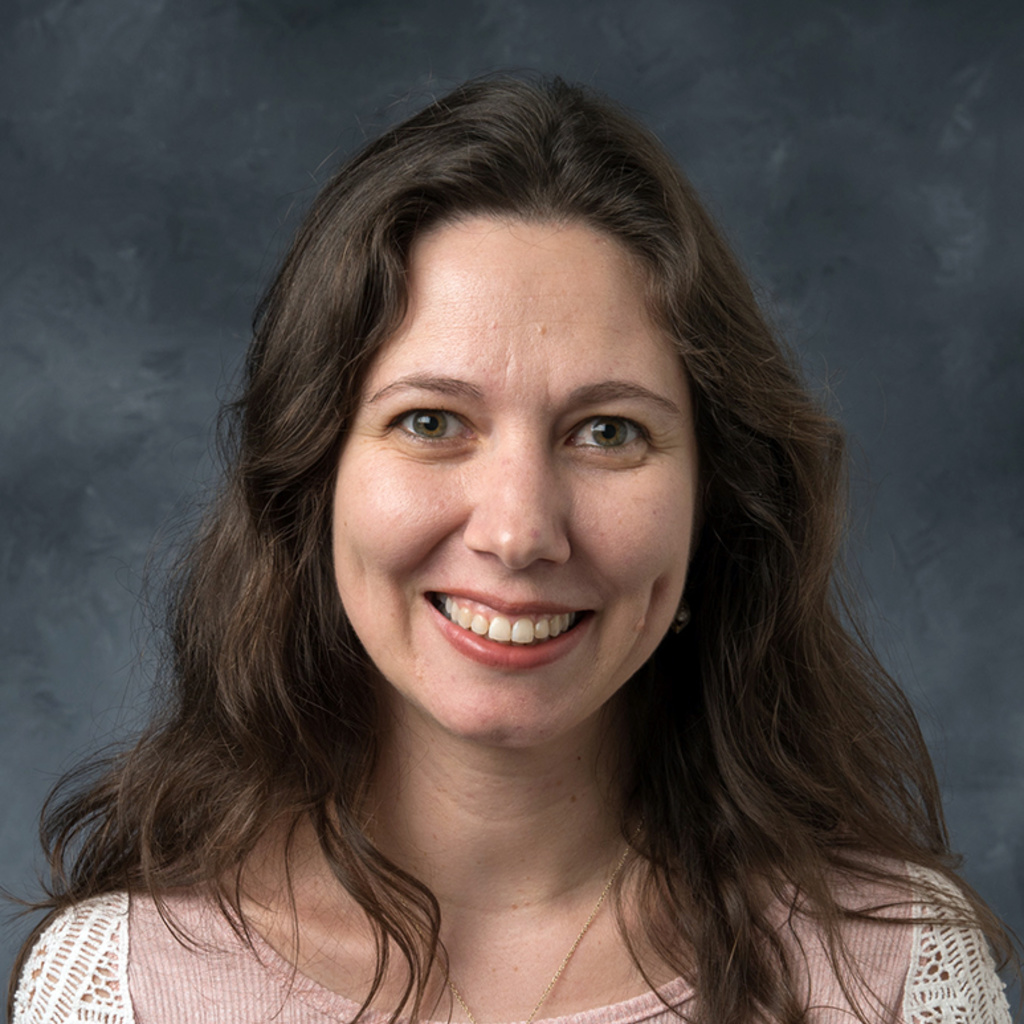People



Peng Jiang, Ph.D.
Title/Position
Assistant Professor
Emeriti-Faculty Scholar
Peng Jiang is an Assistant Professor in the Department of Computer Science at the University of Iowa. His research interests are in machine learning systems, high-performance and data-intensive computing, and parallel programming models. Specifically, he studies compiler and runtime techniques to simplify the development of high-performance and parallel programs.



Douglas Jones, Ph.D.
Title/Position
Associate Professor Emeritus
Douglas W. Jones is an Associate Professor in the Department of Computer Science at the University of Iowa.



Joseph Kearney, Ph.D.
Title/Position
Professor Emeritus
CLAS Collegiate Fellow
Joseph Kearney is a Professor of Computer Science and a Collegiate Fellow of the College of Liberal Arts and Sciences at the University of Iowa. He co-directs the Hank Virtual Environments Lab with Jodie Plumert. His current research focuses on behavior, scene, and scenario modeling for virtual environments.






Tina Kimbrell
Title/Position
Graduate Program Coordinator

Emma Kirk-Alvarez
Title/Position
Associate Director, CLAS Advising Network


Elizabeth Kleiman, Ph.D.
Title/Position
Professor of Instruction
Director of Undergraduate Studies
Emeriti-Faculty Educator
Elizabeth Kleiman is a Professor of Instruction in the Department of Computer Science at the University of Iowa. Her research interest lies in the area of computer science education.

Katherine Kosaian, Ph.D.
Title/Position
Assistant Professor
Katherine Kosaian is an Assistant Professor in Computer Science at the University of Iowa. Her research interests include formal verification, interactive theorem proving, and ways in which math and computer science intersect.

Erik Krohn, Ph.D.
Title/Position
Professor of Instruction
Erik Krohn is a Professor of Instruction in the Department of Computer Science at the University of Iowa. His primary research interests lie in computational geometry, particularly in art gallery and terrain guarding problems. He is also interested in other algorithmic areas, compilers, and computer science education.

Daniel Larraz
Title/Position
Assistant Research Scientist






Kevin Lillis, Ph.D.
Title/Position
Adjunct Professor
Pagination